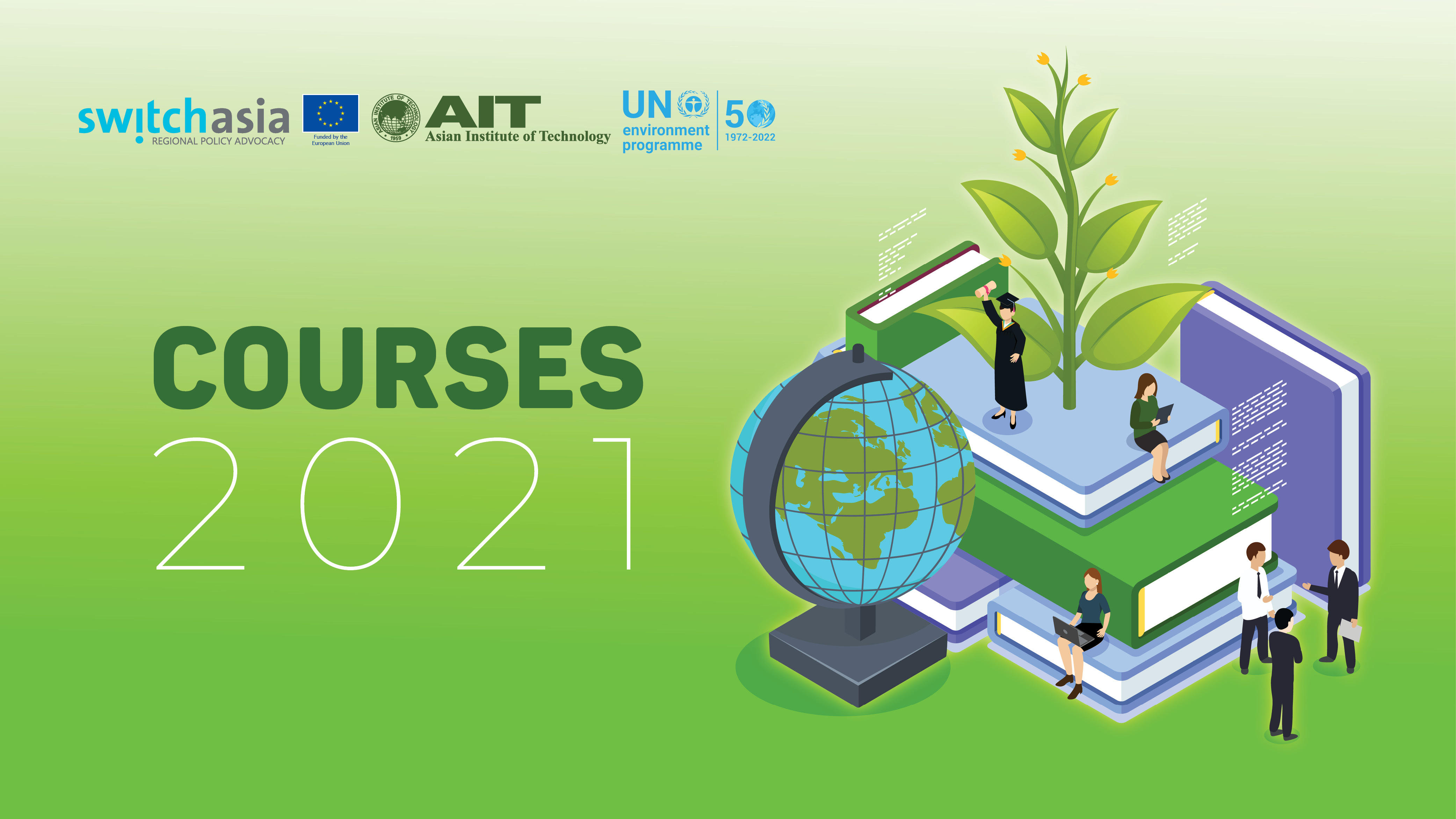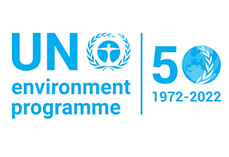Circular Economy Courses 2022
Courses
Available Courses
Unlock the Challenges of The Eco-Design Implementation for SMEs
In recent decades, Asia has experienced remarkable growth and development. Asia is progressively achieving the role of global growth and is rapidly establishing itself as a worldwide industrial and information technology hub. As the sub-region, today is a fast growing base for the manufacture of various kinds of products, there is a clear need to enhance the capacities of SMEs in South and Southeast Asia for environmentally friendly production by applying an eco-design approach. From the previous dialogue, the 2 most important enabling factors that encourage Eco-design for SMEs successfully are supporting measures in terms of 1) policy and regulation and 2) financial and economic. The willingness and capability of SMEs to adopt sustainable practices and seize green business opportunities facing financial limitations and a lack of government support. Consequently, to encourage the SMEs in making the transition towards green and sustainable production, different supporting measures under the policy and economic perspectives are needed to unlock the limitation and enhance this application of eco design for SMEs.
Watch Video (South East Asia) Watch Video (South Asia) More details

Regional Policy Dialogue on Mobilizing Finance for SCP and SDG12
Financing for SCP needs to be bolstered through enablers or levers, some of which are effective policy and regulatory framework, governance, technological innovations, reporting and monitoring mechanisms, capacity building and outreach, market efficiencies, and innovations in business models. RPAC in partnership with the TERI School of Advanced Studies (SAS) and Asian Institute of Technology (AIT) organized a regional policy dialogue based on the concept of mobilizing finance for SDG-12. The dialogue discussed the imperatives of financing SCP and SDG-12, highlighted the key trends, get first-hand insights from financing organizations and academic institutes, emphasize the key barriers to garner private investments into the sector, and focused on the role of enablers to address the challenges.





